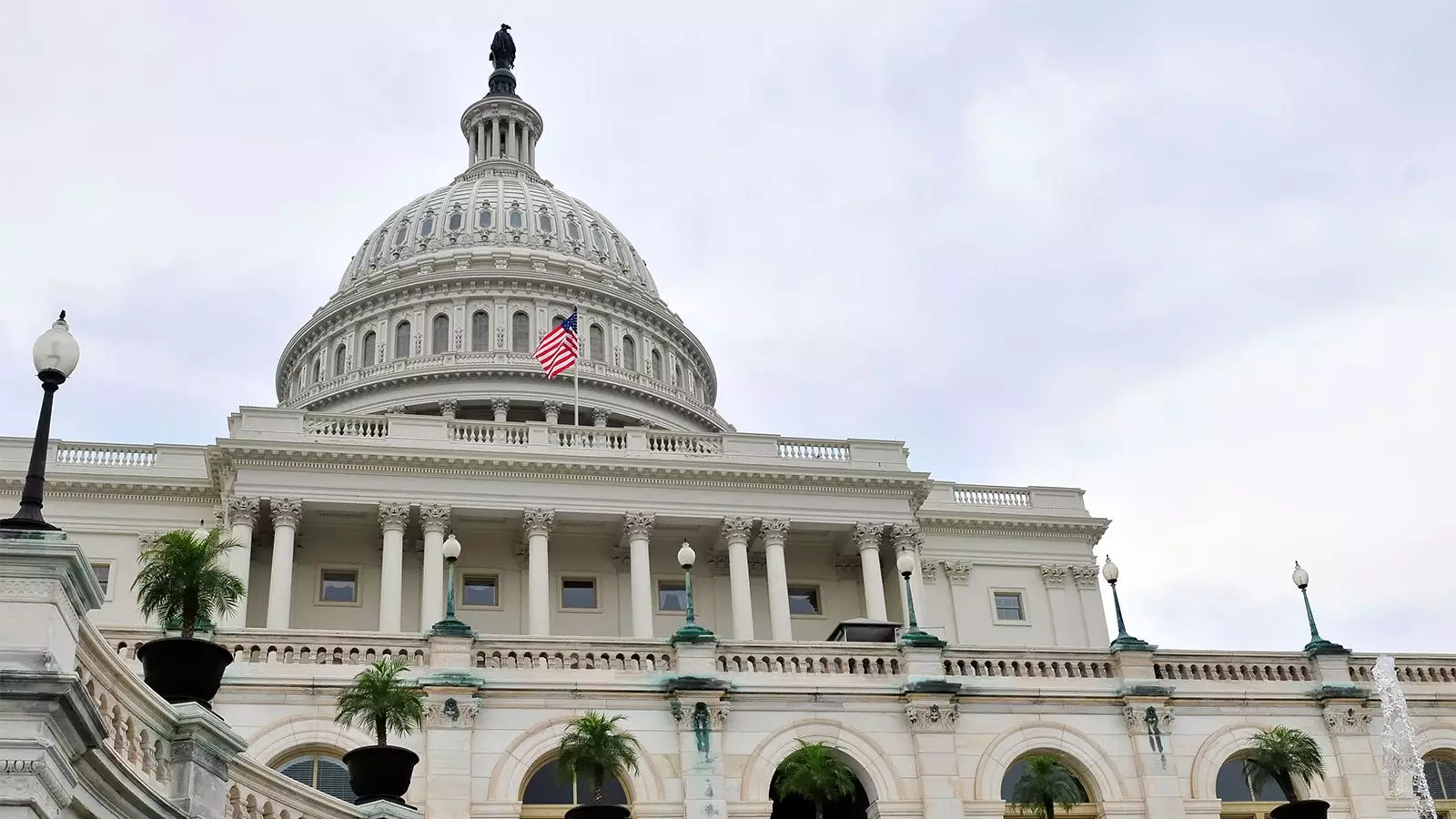The recently released proposed Medicare fee schedule for physicians and other healthcare professionals in 2025 has sparked concerns within the healthcare community. One of the primary issues highlighted in the proposal is the significant decrease in the Medicare “conversion factor” (CF), which is used to determine payment rates for services and procedures. This decrease means that healthcare providers serving Medicare patients will receive even lower reimbursement rates, with the 2025 CF being the lowest since 1993.
A critical analysis of the steps involved in calculating the proposed CF for 2025 reveals several key factors. The removal of financial support allocated by Congress for 2024 plays a significant role in the reduction of the CF for the upcoming year. Additionally, the lack of an annual inflation adjustment for Medicare providers since 2020, as mandated by Congress, further contributes to the decrease in reimbursement rates. The application of a “budget neutrality adjustment” is another factor influencing the CF, limiting spending increases to $20 million per year.
One of the unintended consequences of the proposed CF is the adverse effect on specialty areas such as interventional radiology (IR). IR physicians, who perform minimally invasive procedures that are cost-effective and beneficial for patients, are expected to face substantial pay cuts in 2025. This reduction in reimbursement rates not only disincentivizes specialty care but also hampers efforts to improve the value of care delivery, which is a primary goal of CMS.
While many stakeholders are expressing frustration towards CMS for the low CF, it is essential to recognize that the challenges are largely statutory and stem from laws passed by Congress. Only Congress has the authority to allocate funds to increase the CF and address outdated budget neutrality adjustments. The cumulative effect of inflation on healthcare costs over the years has magnified the impact of stagnant reimbursement rates on healthcare providers, ultimately jeopardizing access to care for Medicare beneficiaries.
The need for congressional intervention to address the shortcomings in the Medicare reimbursement system is evident. Proposed bills such as H.R. 2474 and H.R. 6371 aim to tackle longstanding issues with Medicare and ensure fair reimbursement for healthcare providers. The establishment of a bipartisan working group by the Senate Finance Committee and the release of a white paper outlining concerns signify a step in the right direction towards comprehensive reform.
As a healthcare professional, I share the disappointment and frustration surrounding the looming cuts to Medicare payment and the detrimental impact on providers and patients alike. It is imperative that Congress recognizes the urgency of the situation and takes meaningful action to safeguard the integrity of the Medicare system. By addressing outdated reimbursement policies and prioritizing the well-being of Medicare beneficiaries and providers, Congress can ensure a sustainable and equitable healthcare system for the future.


Leave a Reply